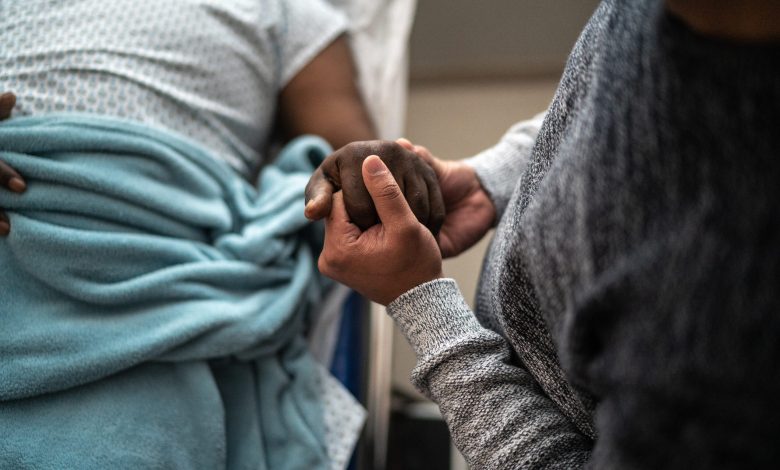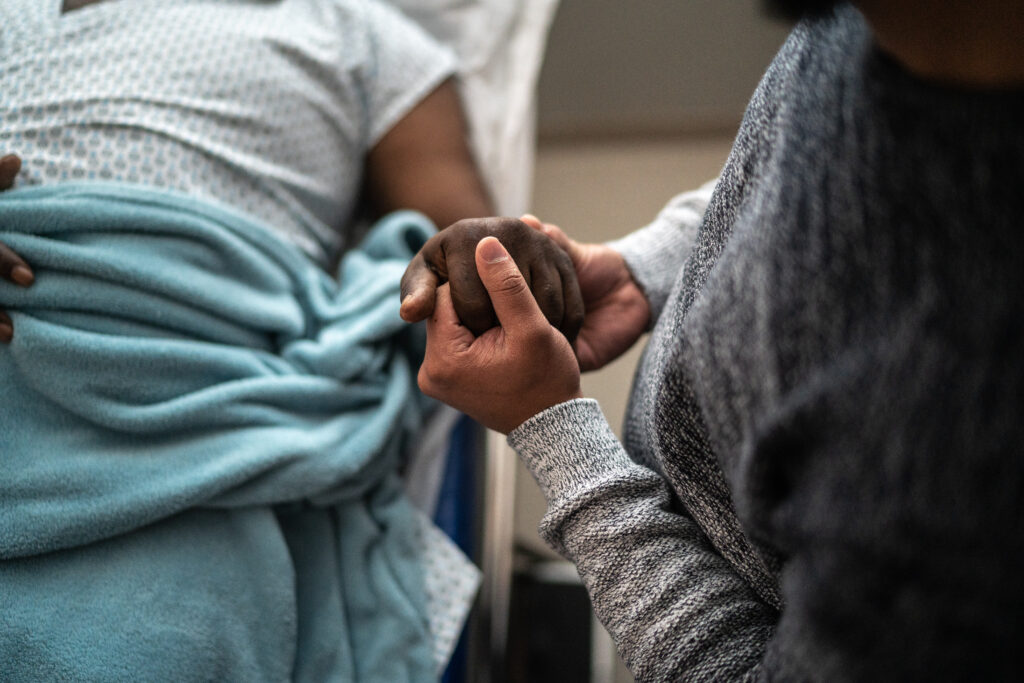More Blacks Mention Spirituality as a Barrier to Clinical Trial Participation – BlackDoctor.org


Is illness part of God’s will for your life? A new study presented at the 2024 American Society for Radiation Oncology (ASTRO) Annual Meeting has highlighted the significant role of spirituality in Black patients’ decisions about participating in cancer clinical trials. The research found that deep-rooted spiritual beliefs, often influenced by historical experiences of medical mistreatment, contribute to a pervasive distrust of clinical research within the Black community.
Historically, clinical trials in the United States have been dominated by White, male participants, leaving Black individuals underrepresented. This lack of representation can have serious consequences, as it limits the generalizability of research findings and hinders the development of treatments that are effective for all populations.
Charlyn Gomez, lead study author and medical student at the University of Maryland School of Medicine, emphasized the importance of understanding patients’ perspectives beyond the consent form. She stated, “If we want to improve recruitment, we cannot just talk about trial goals. We have to look beyond that to understand where the patient is coming from and what their priorities are.”
The study, conducted at two Baltimore medical centers, surveyed 97 patients who underwent radiation treatment for various cancers. The researchers identified several key factors influencing Black patients’ decisions about trial participation, with spirituality emerging as a particularly significant factor.
Many Black patients expressed a strong belief in the power of God to determine their health and well-being. This belief, often rooted in cultural and religious traditions, can influence their perception of clinical trials and their willingness to participate. The study found that Black patients were more likely than non-Black patients to believe that God’s will determined their health over research.
Additionally, historical research practices that harmed Black patients, such as the Tuskegee syphilis experiment, have fostered a deep-seated distrust of clinical research within the Black community. This distrust, often intertwined with spiritual beliefs, can make Black patients hesitant to participate in trials, even when they trust their individual healthcare providers.
The study also revealed that Black patients were more likely to believe that research could provide information they would rather not know and that their community had little to gain from participating. These beliefs may stem from concerns about the potential risks of clinical trials and the perceived lack of benefits for the Black community.
Overcoming this historical distrust and fostering trust between researchers and Black patients is crucial for improving participation in cancer trials. Doctors could be more intentional in their efforts to build trust and address patients’ concerns, including those related to God and spirituality. This may involve incorporating discussions about religious beliefs, historical research practices, and the potential benefits of participation into the recruitment process.
By understanding the significant role of spirituality in Black patients’ decisions and taking steps to address their concerns, researchers can increase participation in cancer trials and ensure that the benefits of new treatments are accessible to all populations. As Ms. Gomez emphasized, “It’s crucial for us to improve the recruitment of Black patients…but to do that, we have to understand the values and priorities of patients in this underserved population.”




